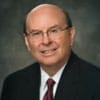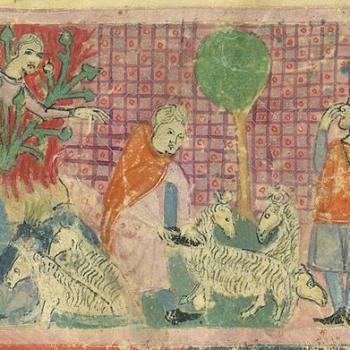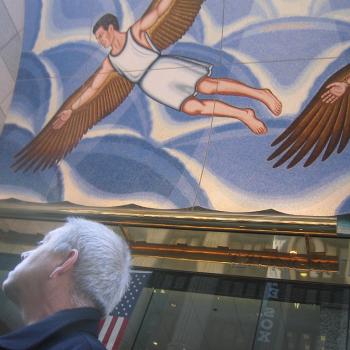 By Elder Quentin L. Cook
By Elder Quentin L. Cook
Earlier this year, Cardinal Francis George, president of the United States Conference of Catholic Bishops, spoke to a crowd of 13,000 students at Brigham Young University about the importance of working together to preserve religious freedom. The cardinal's eloquent and poignant speech at the flagship university of The Church of Jesus Christ of Latter-day Saints was evidence of significant progress in the growing relationships between our faith and other faiths that share similar concerns regarding issues of tremendous importance.
Cardinal George said, "I'm personally grateful that after 180 years of living mostly apart from one another, Catholics and Latter-day Saints have begun to see one another as trustworthy partners in the defense of shared moral principles and in the promotion of the common good of our beloved country."
Becoming partners in the defense of shared moral principles starts with sincere efforts by religious faiths to understand and learn from each other. One of the sweetest experiences I've had is to accompany other faith leaders on tours of our newly built temples, our most sacred buildings, when they are open to the public. As a result, these religious leaders come to know and understand us better. Likewise, we gain a greater understanding and appreciation for their beliefs. It's heartwarming that those of other faiths would take the time to appreciate something that is deeply personal and meaningful to me and other Latter-day Saints.
With this newfound understanding, no faith has a desire to compromise on its doctrine or beliefs. These relationships are not ecumenical; that is, we are not trying to come to an agreement on principles of doctrinal practice, but instead there is a mutual respect for each other's beliefs and a desire to collaborate on important issues where we find common ground.
Finding common ground has translated into interfaith initiatives having lasting, positive effects throughout the world. For three decades, we've worked with other faiths and aid organizations to provide humanitarian aid in 178 countries to those in critical need. As we've partnered with Catholic Charities, Muslim organizations, the Red Cross, and many others, there is joy and excitement that comes from putting into action what we jointly view as good and needed for our fellow men and women.
These interfaith efforts are not limited to Church leadership. The most humbling experience for any ecclesiastical leader is seeing the gospel of Jesus Christ being lived through the membership of the Church. Recently, we sponsored a project where hundreds of thousands of volunteers from community and faith-based organizations worked together in an unprecedented single day of service across eleven Southern states to bring relief to those struggling because of the economic downturn. In one project, half a dozen religious leaders worked together to build a home for Habitat for Humanity.
Similarly, when Hurricane Katrina devastated the Gulf Coast, members of our Church and other faiths spontaneously rose to the occasion to help relieve the suffering. This was so fittingly illustrated when a United Methodist congregation in Slidell, Louisiana, graciously offered their church as a place to sleep to Mormon volunteers from Houston, Texas. When the congregation arrived for services on Sunday, they found that the Mormons had cleared trees and other debris from their churchyard. As a show of thanks, our members also mounted their hurricane-damaged flag as a keepsake and flew a new banner from the flagpole. During the shared worship service, the pastor voiced a feeling of unity shared by those of both denominations: "The Mormons are now our friends."
Whether it is helping the victims of disaster through humanitarian aid, providing relief to communities in economic need, or supporting religious liberty, The Church of Jesus Christ of Latter-day Saints and its members often stand shoulder to shoulder with other faiths. The future of Mormonism in the public sphere will, in part, be a shared one as we work with other like-minded faiths to follow the gospel of Jesus Christ in reaching out to our fellow citizens.
Elder Quentin L. Cook has served as a member of the Quorum of the Twelve Apostles of The Church of Jesus Christ of Latter-day Saints since October 6, 2007. Prior to being called to full-time church service, he was a business lawyer, a managing partner of a law firm in the San Francisco Bay area, and a healthcare executive. He has also been a board member of several profit and not-for-profit corporations. He received a B.A. in political science from Utah State University, and a J.D. from Stanford University.
8/9/2010 4:00:00 AM




